Fiorello recalls the tragic affair of the young homosexual couple Giorgio Giammona and Antonio Galatola, later remembered as Giorgio and Toni, who were shot dead in Giarre in 1980, according to the grim pattern of a murder with a clearly homophobic matrix. Having discarded the initial hypothesis of a murder/suicide triggered by the desperation of the two boys, the crime went unpunished, since the only serious suspect (and horror was added to horror) was Toni's nephew, barely 13 years old, who was not prosecutable for his age and who in any case recanted his version of events several times.



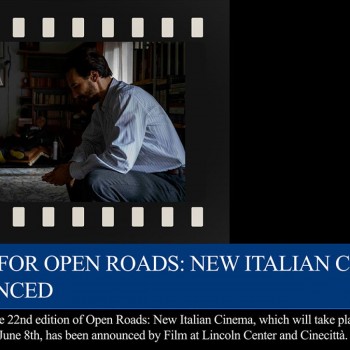

 Reply With Quote
Reply With Quote
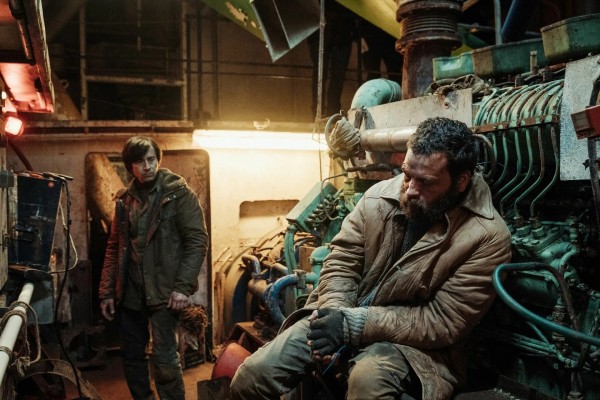
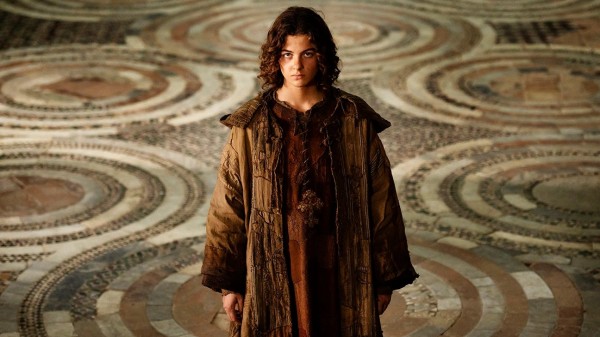
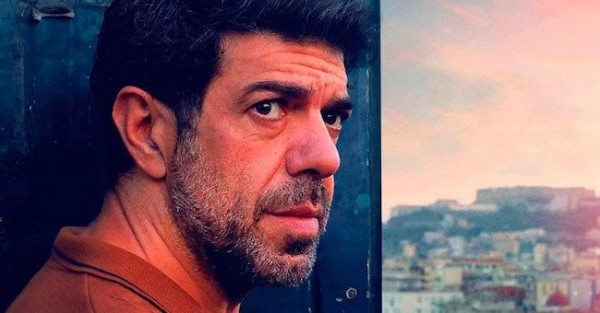
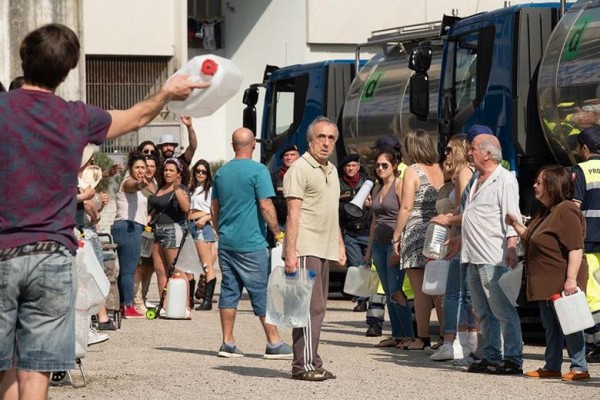
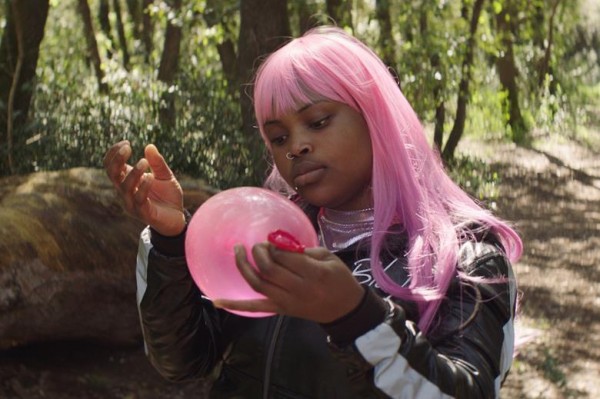
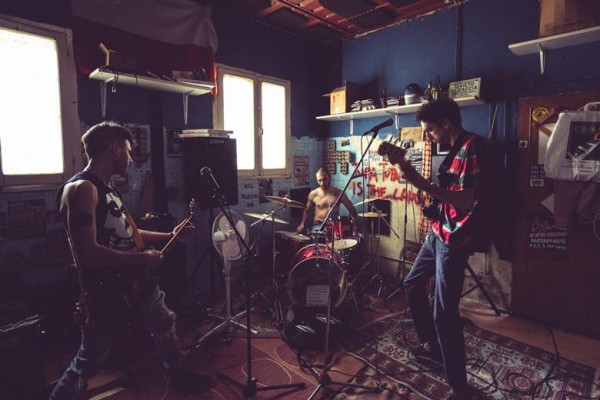
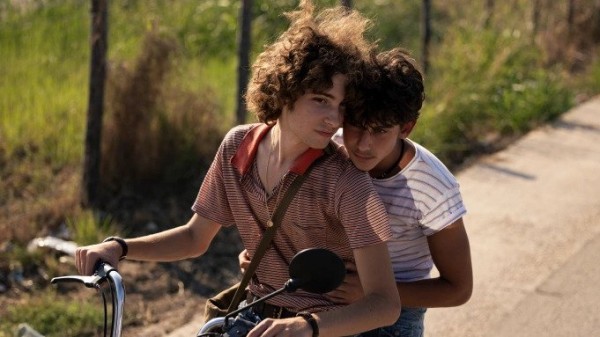
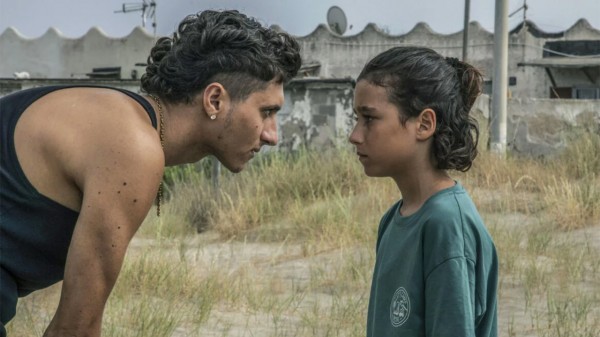
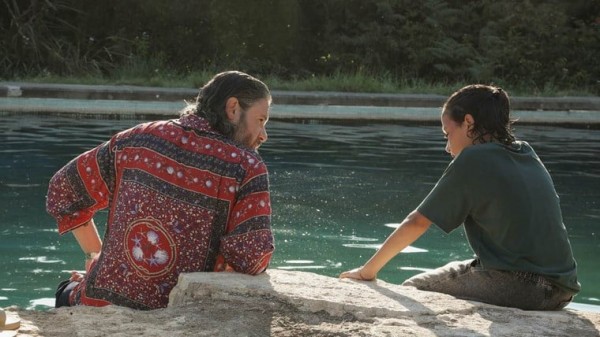
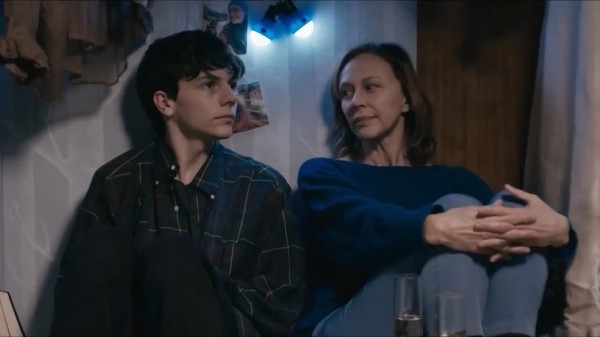
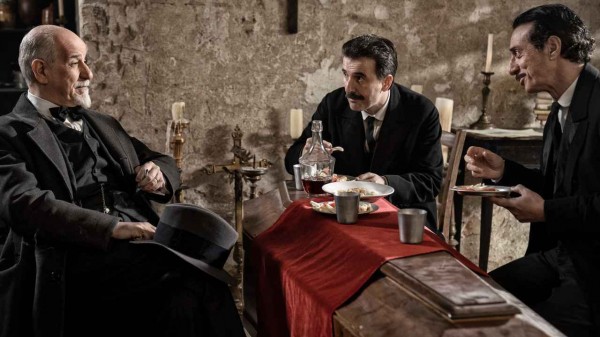
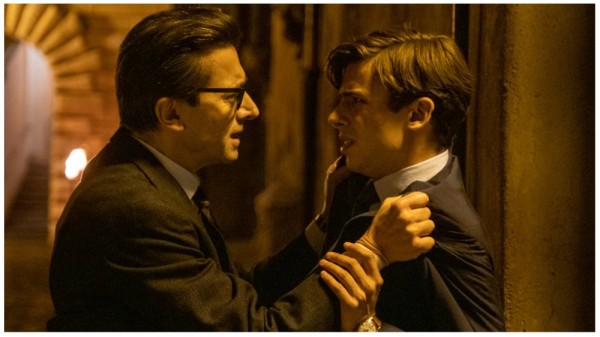
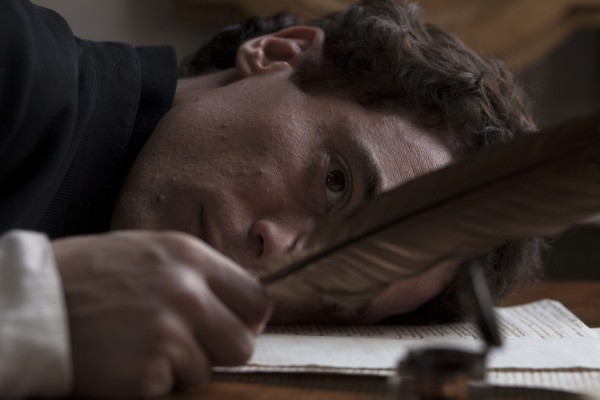
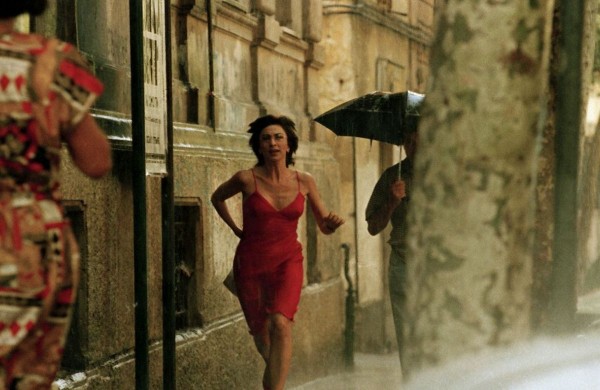

Bookmarks